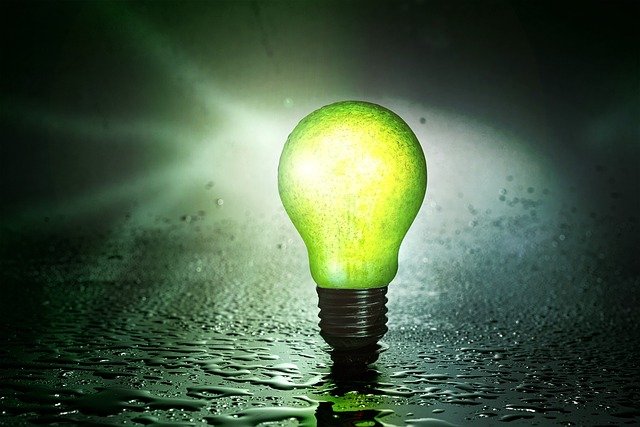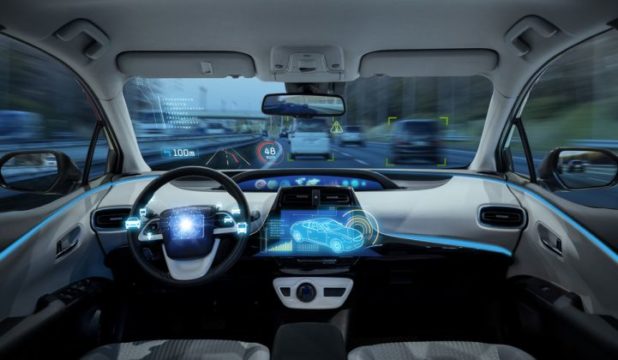The green consumer of today checks a label before buying that favourite design. They want to know that they’re doing enough for the planet.
Can technology, like carbon footprint tracking apps, help adapt environment friendly practices among consumers? What drives consumers’ adoption intention?
Read more: COP27: What the green consumer wants & how tech can help?
According to a study published in May, carbon footprint tracking apps that provide a complete overview of different consumption domains and which consumers can use regularly, can guide consumption in the future as more and more users become aware of how severe the global warming problem is, and they begin to feel personally obliged to help slow down this development.
Already, organizations like the WWF Footprint Calculator or myclimate.org provide consumers online tools that calculate their ecological footprint based on their indications on their consumption in different domains (e.g., food, tourism, etc.). But these are just a one-time indication, not an ongoing one.
COP27 has brought to light several efforts on the part of various countries to prepare for a harsher climate going ahead
Technology has advanced for so many areas. It can be the harbinger of a greener future. This is something that today’s consumer has realized.
According to a Juniper Research study in March, worldwide, the number of buildings deploying smart building technologies will touch US$115 million in 2026, from US$45 million in 2022. This 150%+ growth indicates the increasing demand for energy efficiency from businesses and residents alike, as energy costs rise.
The new research found that it can be significantly efficient if buildings are allowed to monitor and automate common functions, while offering a better environment for workers and residents. Thus, the report recommends that vendors focus on building analytics platforms for the most value to be driven from deployments.
COP27 has brought to light several efforts on the part of various countries to prepare for a harsher climate going ahead.
Scientists in Israel are forming a gene bank from the seeds of local wild crops, some of which have been surviving for several thousand years. This may help farmers deal with a tougher climate in the future.
Read more: Environmentally sustainable logistics: Can India achieve it?
A non-profit in Latin America, Marea Verde, is using renewable energy to collect garbage produced in the Juan Díaz river in Panama City each year.
The world is coming together on global warming issues. The future may yet hold more natural disasters for mankind to face, but technology could be the game changer.












